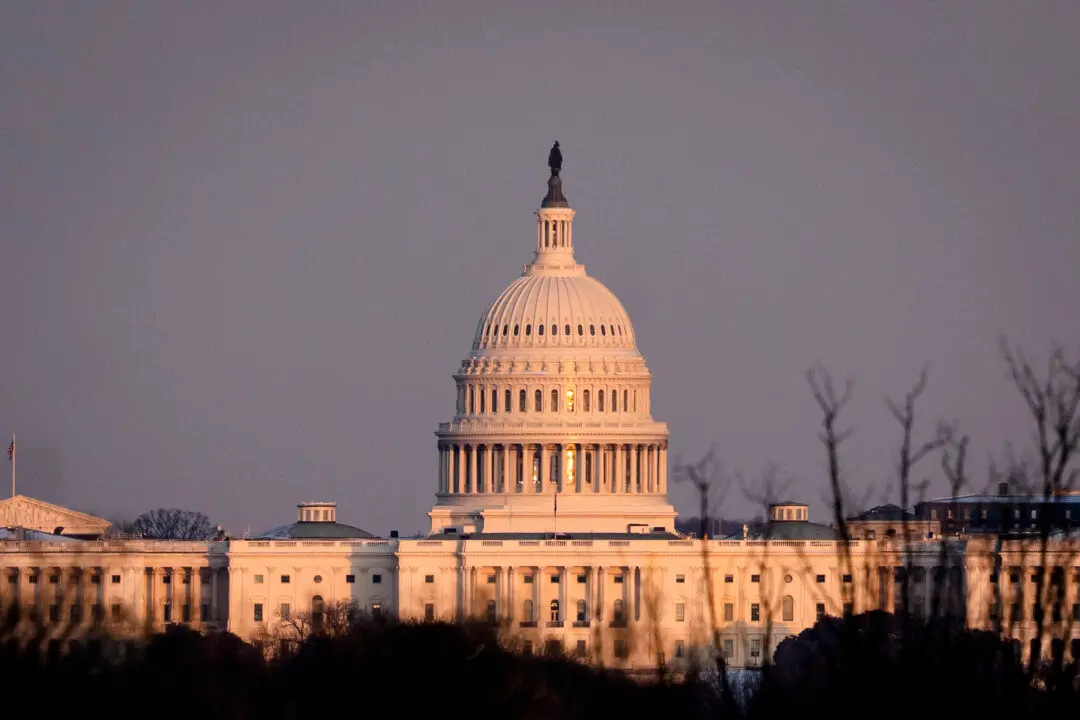President Joe Biden signed a bill on Sept. 26 to punt the deadline for government funding to Dec. 20, foreclosing the possibility of a government shutdown ahead of the 2024 election.
“Tonight, bipartisan majorities in both chambers of Congress passed a continuing resolution to keep the government open through mid-December. I want to thank both houses of Congress ... for this bipartisan agreement and for avoiding a costly government shutdown,” Biden said in a statement on Sept. 25.





